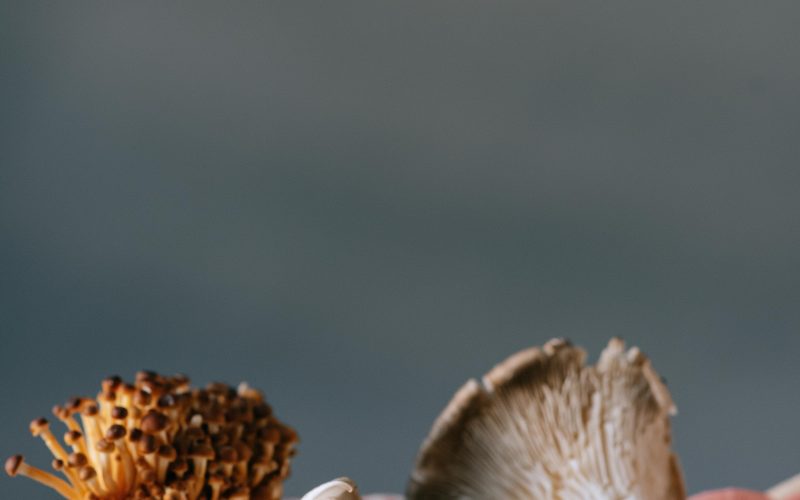Oyster mushrooms, known for their delicate flavor and velvety texture, have been a culinary delight for centuries. But these fungi have recently gained attention for their potential health benefits and use beyond the plate.
Originally cultivated in Asia, oyster mushrooms have become popular worldwide due to their ease of cultivation and delicious taste. They are versatile and can be sautéed, roasted, stir-fried, or even used raw in salads. But beyond their culinary uses, oyster mushrooms have numerous benefits that are just starting to be explored.
One of the most significant benefits of oyster mushrooms is their potential as a natural medicine. They are rich in polysaccharides, which have been found to have immunomodulatory and anticancer effects. Studies have also shown that oyster mushrooms may have antiviral and antibacterial properties, making them a promising natural remedy for a variety of illnesses.
Additionally, oyster mushrooms are packed with vitamins and minerals, including B vitamins, iron, and potassium. They are low in calories and high in fiber, making them an excellent addition to a healthy diet.
Oyster mushrooms are also being explored for their potential as a sustainable alternative to traditional building materials. Mycelium, the vegetative part of the mushroom, can be used to create a strong and durable material that is biodegradable and eco-friendly. This material can be used in a variety of applications, including packaging, insulation, and even furniture.
But perhaps the most exciting use of oyster mushrooms is their potential in bioremediation. Oyster mushrooms have been found to be highly effective in breaking down toxic chemicals in soil and water, such as petroleum and heavy metals. This makes them a promising tool for cleaning up polluted environments and restoring ecosystems.
Oyster mushrooms are relatively easy to cultivate, making them an accessible option for home gardeners and small-scale farmers. They can be grown on a variety of substrates, including straw, sawdust, and coffee grounds. Oyster mushroom cultivation also has a low environmental impact, as it does not require the use of harmful chemicals or large amounts of water.
In addition to their potential health benefits and use as a sustainable material, oyster mushrooms are also a source of economic opportunity. The global market for oyster mushrooms is expected to continue growing, creating job opportunities in farming, processing, and distribution.
While oyster mushrooms are a relatively small part of the overall mushroom industry, their potential for innovation and impact should not be overlooked. As the world continues to seek sustainable solutions to environmental and health challenges, oyster mushrooms may play a significant role in shaping our future.











